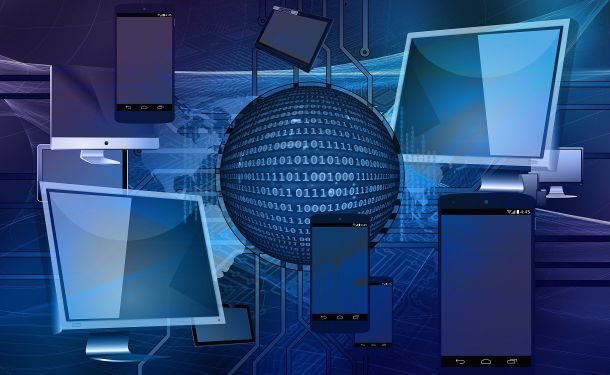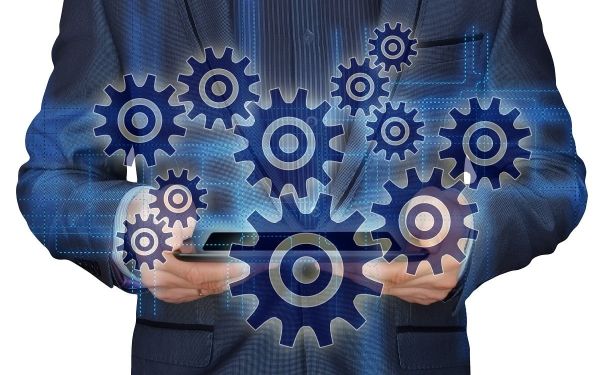Going Remote is a Need, but Security is Key
As service providers, offering services to your clients needs consistency and quality, and to do so; you need to ensure that your systems are secure enough to win the trust of your clients. After the global pandemic disrupted the norm as we know it, companies had to think outside the box to keep their businesses afloat, given the increased probability of businesses failing during the pandemic.
Remote working became a viable solution, and many employers and employees embraced it well; however, increased internet use left many vulnerable to cybercriminals.

To boost your security practices and ensure that the new cybersecurity measures you adapt work well for you and eventually for your clients, here are what you should consider and some steps you can undertake to protect you and your clients from any form of cyber threats;
- You must adopt an established cybersecurity framework to guide you as you upgrade your internal security. Applying this framework can help you and your clients perform vulnerability assessments.
- You can limit the permissions and rights of personnel and clients based on their roles. To minimize the damage when a breach occurs, you need to have a substantial procedure for password management and impose restrictions on network access. You can also consider whitelisting and network segmentation.
- The most common way for cyber attackers to send ransomware is through emails. Therefore, as an MSP, you need to enhance email security. Your email security tool should monitor and identify suspicious accounts and email activities.
- An MSP needs an incident response and disaster recovery plan to minimize damage. A disaster recovery plan will help you cover internal responses. Having this plan is not enough; you need to test how efficient the program is in the midst of a new attack. An incident response plan can include educating and training your staff on responding to cybersecurity incidents.
- Strong backup and recovery protocols are crucial; an MSP should have more than one backup. Backup plans and contingency plans, tools, and applications will ensure there is no or close to no business disruption; they will protect the clients and you. You can have them on different cloud-based systems or local storage media; for more security, you should isolate one from the system network. You should also ensure regular maintenance for these systems.
- Due to the increased remote work, remote access tools have become targets of cyber-attacks. That is why MSPs secure their remote desktop protocols, update remote monitoring and management and implement restrictions on administration tools. MSPs should protect these access tools from malware that could eventually disrupt normal business operations.
- Knowledge is power, and this is the power that you should also transfer to your staff and clients; teach them how to recognize suspicious activity and phishing emails, how to observe security practices, and understand proper protocols. Security awareness training is essential for MSP staff and clients.
- Regular security assessments ensure your network is secure enough to handle cyber threats. You should also evaluate your security skills and tools to ensure they can handle any cyber-attacks or threats.
Considering all these will help your MSP enhance its security and effectively and efficiently offer its services to all its clients without the fear of being exposed to cyberattacks.












